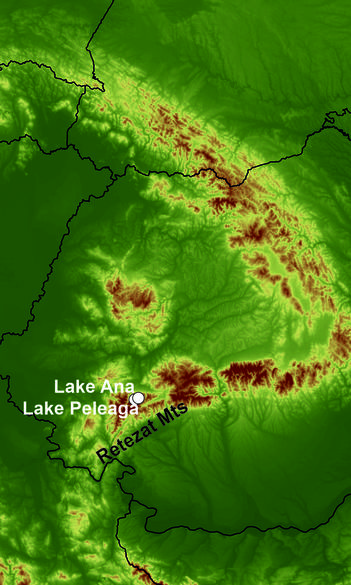Resilience of alpine lake macroinvertebrate communities to climate change – new publication
New Q1 publication from our 4th year PhD student

The research of Eszter Tombor, 4th year PhD student in collaboration with an international research team focused on the macroinvertebrate fauna of alpine lakes in the Retezat Mountains, Romania. Focusing on changes in the species composition of macroinvertebrates (chironomids and Cladocera) in lake sediments, the research in the Retezat National Park reveals how alpine lake communities have remained stable at high altitude despite climate change and moderate human impact. Global warming affected high altitudes stronger than lowlands over the past four decades causing well-documented persistent changes in lake ecosystems in other lakes in the South Carpathians. Our research, however, shows that the macroinvertebrate communities studied from the Retezat Mountains have remained stable. The ecosystems of the studied lakes were not permanently destabilized even by fish introductions in the 90s, illustrating the resilience of natural communities in protected environments. The results have been published in the Q1-ranked journal Hydrobiologia and were funded by the 5B subproject of the National Laboratory on Climate Change,

